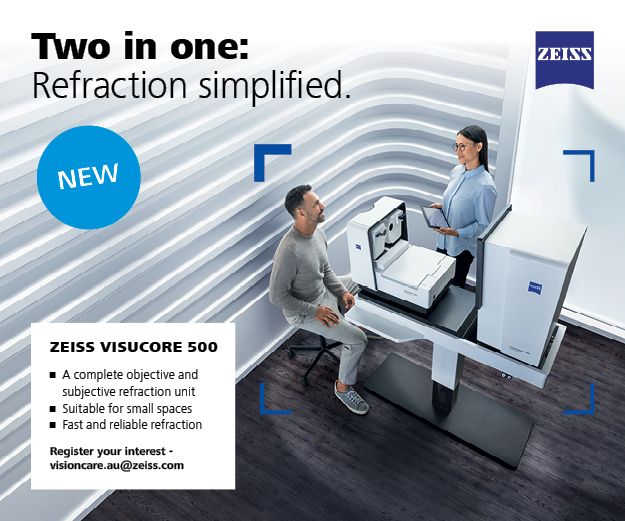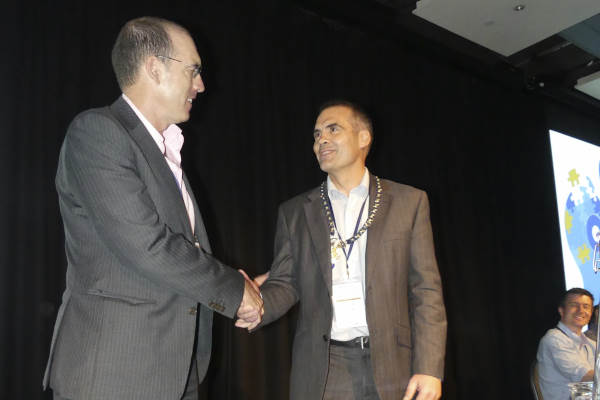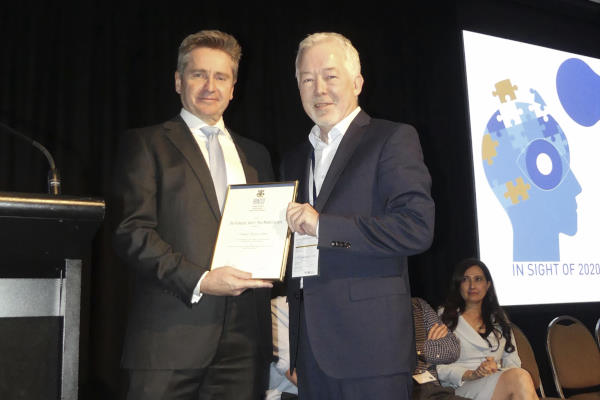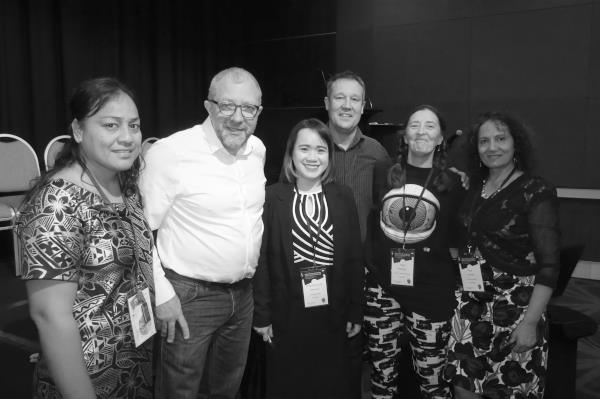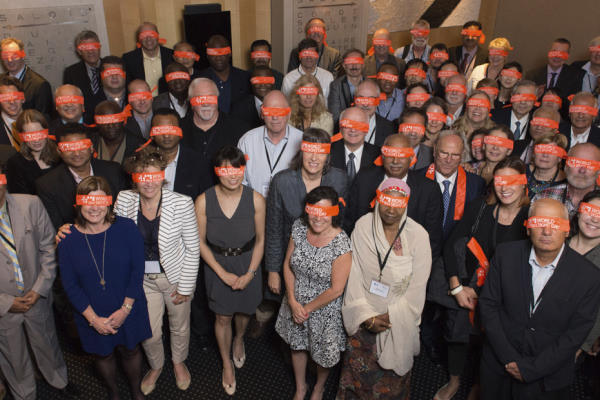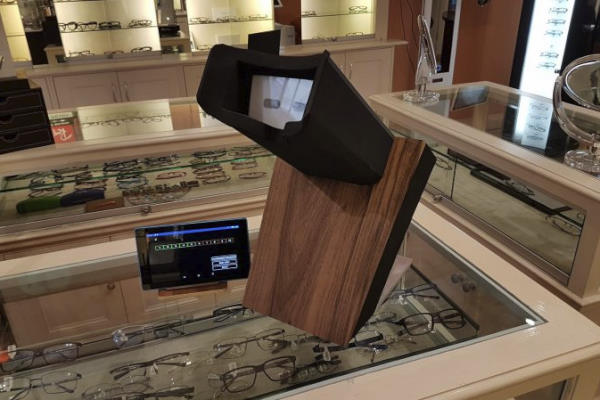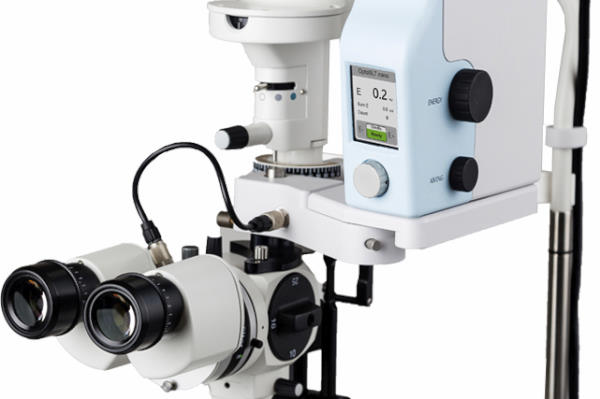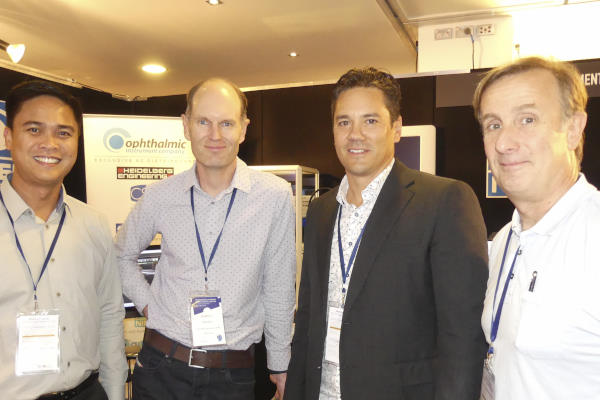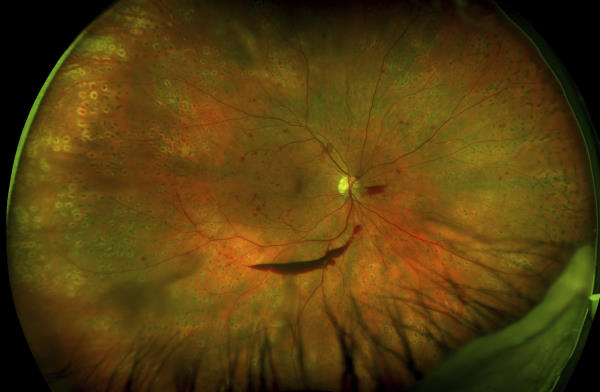RANZCO NZ 2019: presenter awards
The junior doctors provided an outstanding range of presentations at this year’s RANZCO NZ conference, setting higher and higher standards for those to follow each year.
Dr Jina Han was awarded the first prize for her presentation about her work on the New Zealand Cataract Risk Stratification (NZCRS) system, a tool designed to score the complexity of cataracts to determine the allocation of cases to reduce intraoperative complications. She demonstrated that the intraoperative complication rate of cataract surgery in a teaching hospital environment could be reduced by more than 50%, noting the NZCRS is now becoming the standard of care in Auckland DHB.
While Dr Lucy Lu was awarded second prize for her presentation on an elegant 15-year study of nearly 300 repeat corneal transplants, to highlight the aetiology and guarded outcomes for repeat corneal transplantation.
Other highly commended junior ophthalmologist presentations included: Dr Alistair Papalii Curtin (Wellington Keratoconus Study); Dr Michael Wang (Lid margin staining in dry eye disease); Dr Tiffany Ma (Refractive errors in NZ secondary schools); Dr Nancy Wang (Positive microbial culture in endophthalmitis); and Dr Hong Sheng Chiong (OCT-based deep learning sample size and experiments).
For the first time, a RANZCO NZ prize was awarded for the best undergraduate student research project presented by a medical student or a first-year resident doctor. The inaugural prize went to Hannah Ng, a final-year medical student for her presentation, Bioengineering transition zone stem sells into corneal endothelial sheets for transplantation.
Three other presentations were highly commended by the judges: Dr Sunny Li for, Assessing quality of life for cataract surgery in New Zealand; Waldir R de Souza Jr for, Deep Learning for automated glaucoma risk assessment; and Dr Henry Wallace for, Biomechanical changes in the cornea following cataract surgery.
The presentation judges were invited speaker, Professor Gerard Sutton (Sydney), RANZCO NZ Branch outgoing chair, Dr Brian Kent-Smith and conference chair, Dr Leo Sheck. The judging panel commented on the extremely high standard of presentations
With additional reporting by staff reporters





